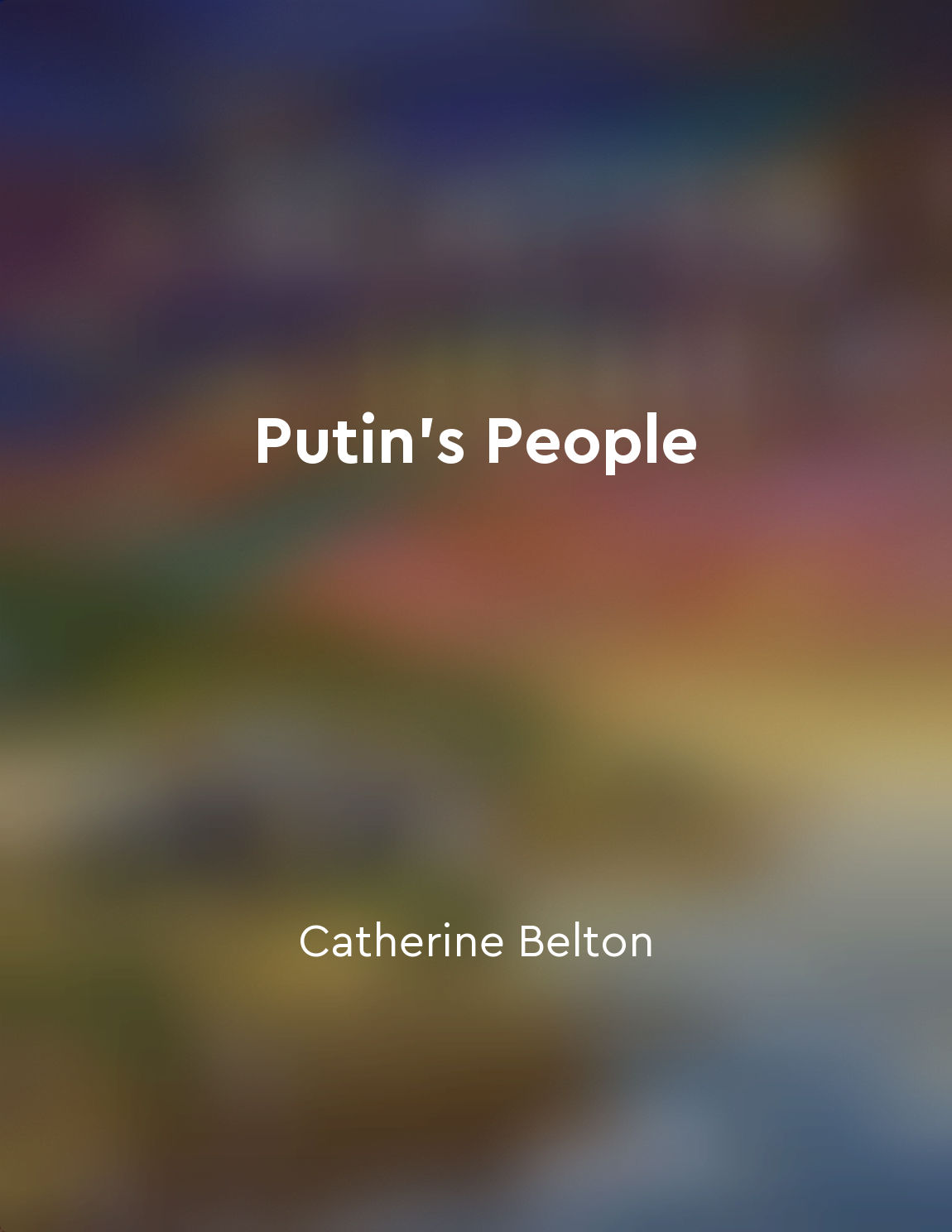Soviet satellite states from "summary" of Iron Curtain by Anne Applebaum
The Soviet satellite states were not just countries that happened to be friendly with the Soviet Union. They were countries that had been forced into submission, whose governments had been selected by Moscow, whose economies had been reorganized according to Soviet principles, and whose societies had been restructured to conform to Soviet norms. The Soviet satellite states were not independent or sovereign; they were dependent on the Soviet Union for their security, their economic survival, and their very existence. The Soviet satellite states were not passive recipients of Soviet aid and guidance; they actively participated in the construction of the Iron Curtain, erecting barriers to prevent their citizens from leaving and collaborating with the Soviet secret police to suppress dissent. The Soviet satellite states were not just victims of Soviet imperialism; they were also willing partners in the project of building socialism, eager to modernize their economies, transform their societies, and eliminate their enemies. The Soviet satellite states were not monolithic entities; they were diverse in their histories, cultures, and political traditions. Some had been part of the Russian Empire for centuries, while others had only recently gained their independence. Some had strong communist parties, while others had weak or divided opposition movements. Some had close ties to Western Europe, while others were isolated and backward. The Soviet satellite states were not static or unchanging; they were constantly evolving, adapting to new circumstances, and responding to shifting pressures. Some became more repressive and authoritarian over time, while others loosened their grip and allowed greater freedom. Some embraced socialism wholeheartedly, while others resisted and sought alternative paths. The Soviet satellite states were not doomed to remain under Soviet domination forever; they eventually broke free, regained their independence, and joined the community of democratic nations. But their experiences under communism left a lasting mark, shaping their politics, their economies, and their societies for years to come. The legacy of the Soviet satellite states continues to influence the world today, reminding us of the dangers of totalitarianism and the importance of freedom.Similar Posts
The arts flourished in civilizations, producing great works of literature, music, and art
During the course of history, civilizations have experienced periods of great artistic flourishing, resulting in remarkable ach...

The Kremlin uses organized crime networks to further its interests at home and abroad
Catherine Belton reveals how the Kremlin has strategically leveraged organized crime networks to advance its agenda both domest...
Middle East peace
The quest for peace in the Middle East has been a perennial challenge for generations of statesmen and diplomats. It is a compl...
Lessons learned
The experience of living under communism has left a deep mark on the people of Eastern Europe. The memories of repression, fear...
Cold War legacy
The Cold War had a lasting impact on Eastern Europe that can still be felt today. This legacy is evident in the political, soci...
